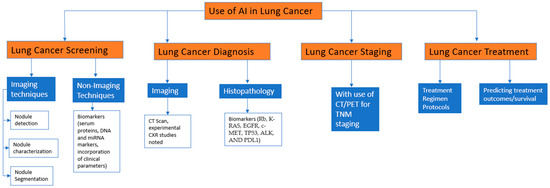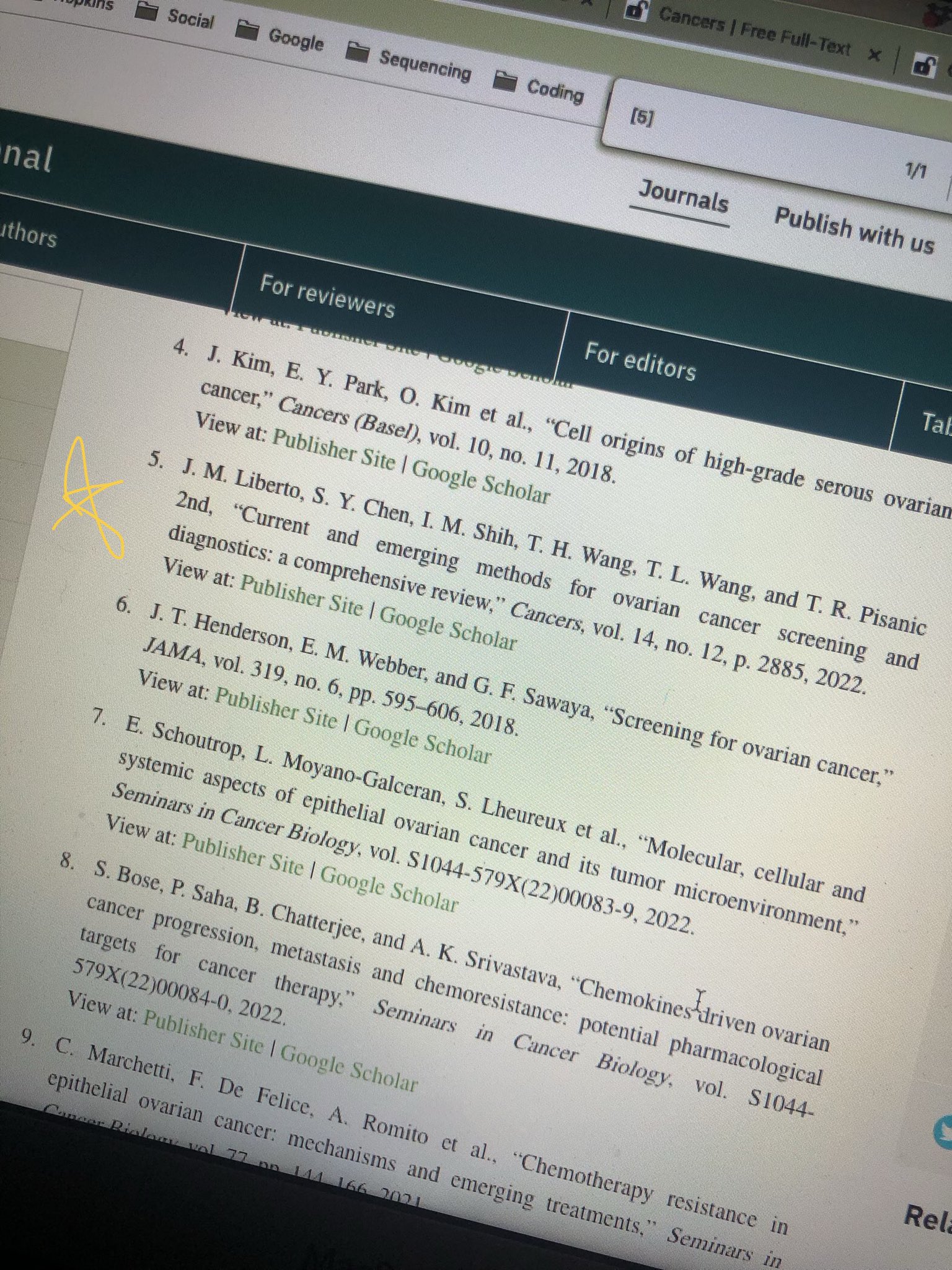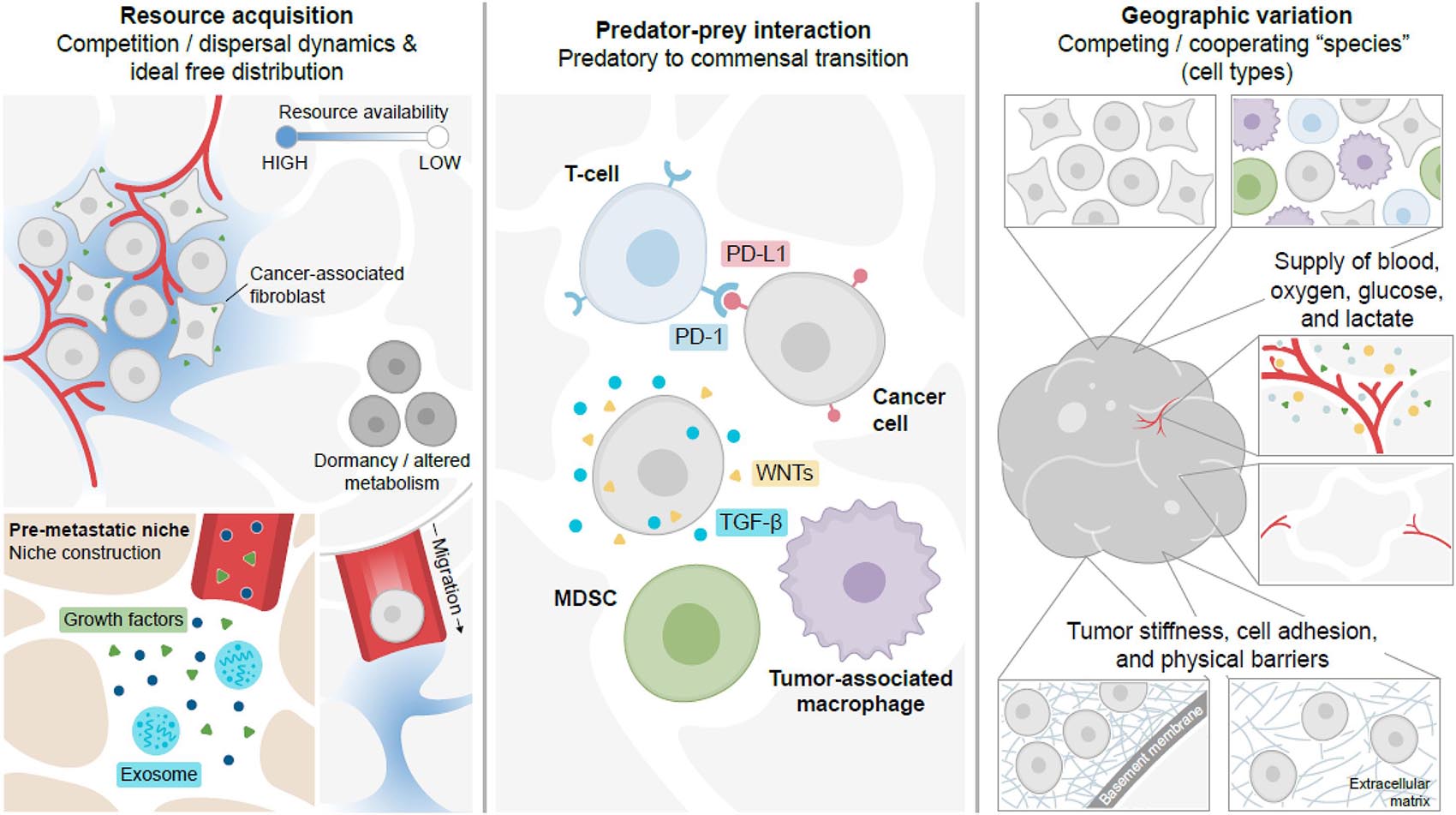Cancers, Free Full-Text
Por um escritor misterioso
Last updated 02 junho 2024

Lung cancer remains one of the leading causes of cancer-related deaths worldwide, emphasizing the need for improved diagnostic and treatment approaches. In recent years, the emergence of artificial intelligence (AI) has sparked considerable interest in its potential role in lung cancer. This review aims to provide an overview of the current state of AI applications in lung cancer screening, diagnosis, and treatment. AI algorithms like machine learning, deep learning, and radiomics have shown remarkable capabilities in the detection and characterization of lung nodules, thereby aiding in accurate lung cancer screening and diagnosis. These systems can analyze various imaging modalities, such as low-dose CT scans, PET-CT imaging, and even chest radiographs, accurately identifying suspicious nodules and facilitating timely intervention. AI models have exhibited promise in utilizing biomarkers and tumor markers as supplementary screening tools, effectively enhancing the specificity and accuracy of early detection. These models can accurately distinguish between benign and malignant lung nodules, assisting radiologists in making more accurate and informed diagnostic decisions. Additionally, AI algorithms hold the potential to integrate multiple imaging modalities and clinical data, providing a more comprehensive diagnostic assessment. By utilizing high-quality data, including patient demographics, clinical history, and genetic profiles, AI models can predict treatment responses and guide the selection of optimal therapies. Notably, these models have shown considerable success in predicting the likelihood of response and recurrence following targeted therapies and optimizing radiation therapy for lung cancer patients. Implementing these AI tools in clinical practice can aid in the early diagnosis and timely management of lung cancer and potentially improve outcomes, including the mortality and morbidity of the patients.

𝓙𝓾𝓵𝓲𝓪𝓷𝓮_𝓛𝓲𝓫𝓮𝓻𝓽𝓸 (@JulianeLiberto) / X

Emerging Utility of Urinary Cell-free Nucleic Acid Biomarkers for Prostate, Bladder, and Renal Cancers - European Urology Focus

FORCE - Facing Hereditary Cancer Empowered home page

Cancer-Free with Food: A Step-by-Step by Werner Gray, Liana

I Am Cancer Free - song and lyrics by ManifesTunes

Pathology Outlines - Carcinoma-general

Cancers, Free Full-Text

Frailty and prognosis in lung cancer: systematic review and meta-analysis

Cancer-Free Creations

Frontiers The Hallmarks of Cancer as Ecologically Driven Phenotypes

Intratumoral plasma cells predict outcomes to PD-L1 blockade in non-small cell lung cancer - ScienceDirect

Cancer Free – Heaven Sent Greeting Cards
Cancer - Wiley Online Library

Multi-omics integrated circulating cell-free DNA genomic signatures enhanced the diagnostic performance of early-stage lung cancer and postoperative minimal residual disease - eBioMedicine
Recomendado para você
-
 PAPA'S BURGUERIA free online game on02 junho 2024
PAPA'S BURGUERIA free online game on02 junho 2024 -
 Now that my favorite, Pi, has closed, where should I go for deep dish?? : r/washingtondc02 junho 2024
Now that my favorite, Pi, has closed, where should I go for deep dish?? : r/washingtondc02 junho 2024 -
 Papa's Burgeria - The Cutting Room Floor02 junho 2024
Papa's Burgeria - The Cutting Room Floor02 junho 2024 -
 PrimaryGames: Papa's Burgeria: Day 1-502 junho 2024
PrimaryGames: Papa's Burgeria: Day 1-502 junho 2024 -
 Merge Cakes Pastry Saloon From Poki, A Parallel Version02 junho 2024
Merge Cakes Pastry Saloon From Poki, A Parallel Version02 junho 2024 -
Xandra from Papa's Games as Barbie #weirdbarbie 👠 #aifilter Free Papa02 junho 2024
-
 THE BEST 10 Gluten-Free near BANNING, CA - Last Updated December 2023 - Yelp02 junho 2024
THE BEST 10 Gluten-Free near BANNING, CA - Last Updated December 2023 - Yelp02 junho 2024 -
Jersey Pizza Joints Tomorrow my buddy Dan Poli and I will be releasing our LAVA BOYS The Pizza Terminal & Restaurant SPICY PIZZA video02 junho 2024
-
 Grappa Charles Scicolone on Wine02 junho 2024
Grappa Charles Scicolone on Wine02 junho 2024 -
San Clemente Pizza Co Menu02 junho 2024
você pode gostar
-
 List of Minecraft 1.18.2 Resource Packs02 junho 2024
List of Minecraft 1.18.2 Resource Packs02 junho 2024 -
 Copa do Mundo: acompanhe a cerimônia de abertura e o jogo de02 junho 2024
Copa do Mundo: acompanhe a cerimônia de abertura e o jogo de02 junho 2024 -
 I translated the first chapter of the Infinite Dendrogram spinoff manga! : r/InfiniteDendrogram02 junho 2024
I translated the first chapter of the Infinite Dendrogram spinoff manga! : r/InfiniteDendrogram02 junho 2024 -
 Watch Rick and Morty Online: Live Stream & On Demand Guide02 junho 2024
Watch Rick and Morty Online: Live Stream & On Demand Guide02 junho 2024 -
_(Disc_2)-1532533111.jpg) Parasite Eve II (G) (Disc 2) ISO < PSX ISOs02 junho 2024
Parasite Eve II (G) (Disc 2) ISO < PSX ISOs02 junho 2024 -
imagens de como desenhar boca de personagens de02 junho 2024
-
 Quais são OS MELHORES JOGOS de 2020 ?! Minha Opinião - Game Awards 202002 junho 2024
Quais são OS MELHORES JOGOS de 2020 ?! Minha Opinião - Game Awards 202002 junho 2024 -
 Vestidos de Noiva Corte Princesa02 junho 2024
Vestidos de Noiva Corte Princesa02 junho 2024 -
 Decision-Making Methods for the Workplace02 junho 2024
Decision-Making Methods for the Workplace02 junho 2024 -
 Pokemon Platinum Arceus Lv. X DP53 Promo Card : : Toys02 junho 2024
Pokemon Platinum Arceus Lv. X DP53 Promo Card : : Toys02 junho 2024


